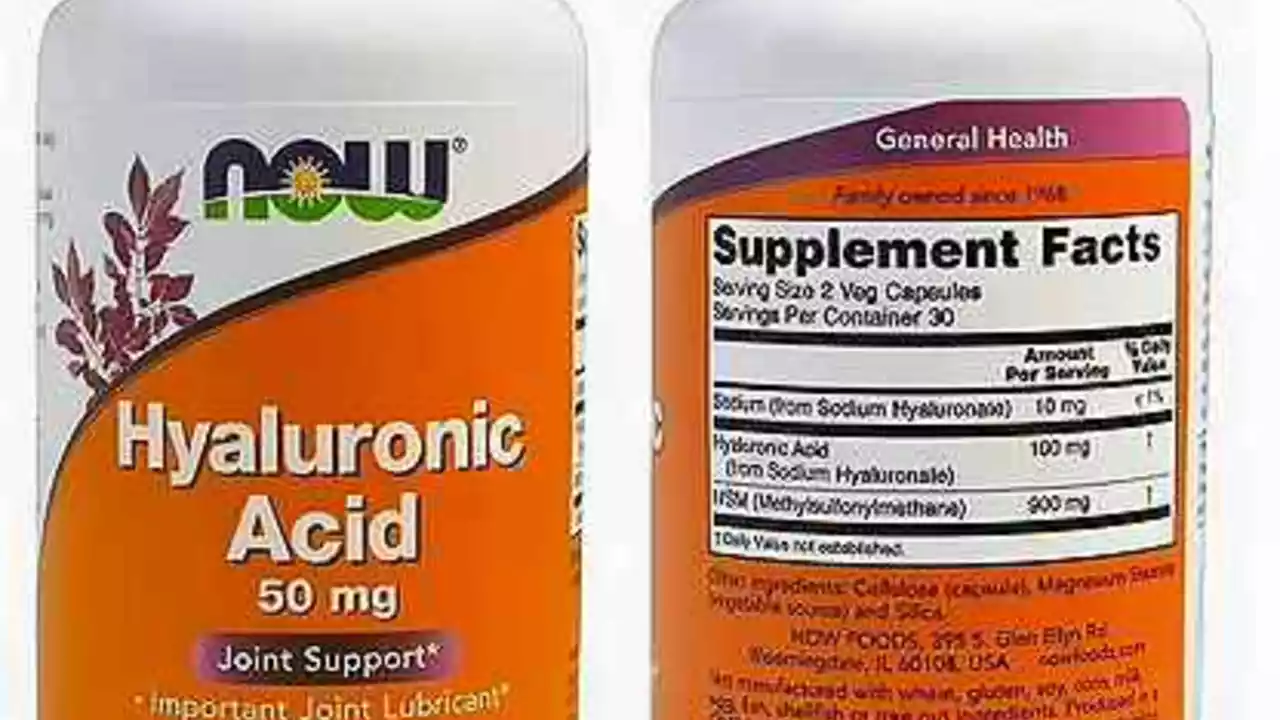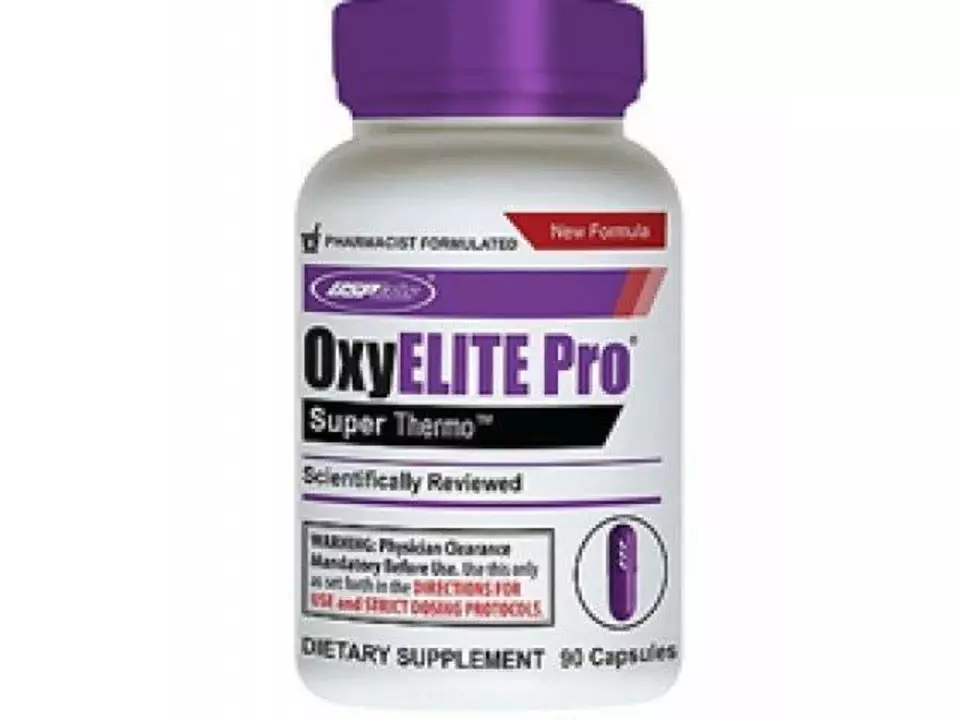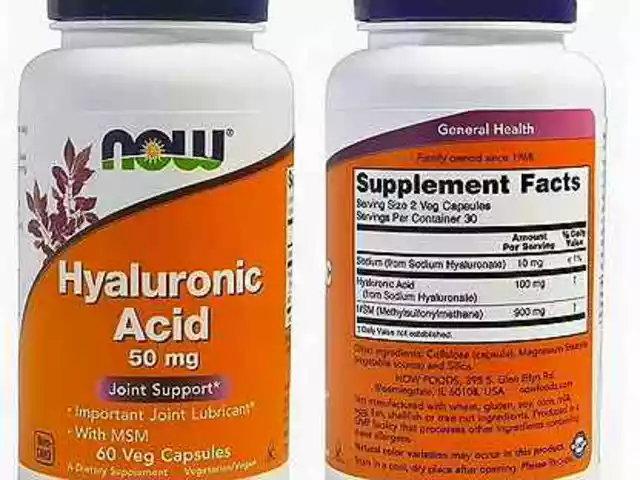Dietary Supplement: Choose, Use, and Stay Safe
Think of dietary supplements as tools — useful when chosen right, risky if misused. This tag gathers clear guides on popular supplements, real-world tips on buying quality products, and practical advice on how supplements fit into everyday health. You'll find reviews, comparisons, safety tips, and ways to spot low-quality or fake products.
Supplements cover vitamins, minerals, herbs, amino acids, and probiotics. People use them to fill diet gaps, support joint health, boost energy, or manage symptoms. But supplements do not replace a balanced diet or prescribed medicine. Treat them as focused support, not a cure-all.
How to choose supplements
Start with a reason. Do you need vitamin D because you live in low sunlight? Are you trying to ease joint pain or improve sleep? Match the supplement to the specific need. Next, check labels for active ingredients and doses. Avoid proprietary blends that hide amounts.
Look for third-party testing seals like USP, NSF, or ConsumerLab. Those marks mean the product was independently checked for what it claims to contain and for contaminants. Prefer brands that list batch numbers and provide a certificate of analysis on their site.
Compare forms and doses. For example, magnesium citrate is absorbed more easily than magnesium oxide. Some vitamins work better with food or fat — take vitamin D with meals. Read simple user reviews but focus more on ingredient transparency and lab tests.
Safety and interactions
Supplements can interact with prescription drugs. St. John's wort reduces effectiveness of some antidepressants and birth control. High-dose vitamin K can interfere with warfarin. Tell your doctor or pharmacist what you take before starting any new medicine or supplement.
Watch for overdosing. Fat-soluble vitamins (A, D, E, K) can build up and cause harm. Minerals like iron can be toxic in high amounts. Follow recommended doses and pause if you notice new symptoms like nausea, rash, or unusual bleeding.
Pregnant or breastfeeding people, children, and people with chronic diseases should check with a healthcare provider before taking supplements. Quality matters: avoid products with hidden prescription drugs or unlisted stimulants. Sites we link to often include safety checks and how to spot warning signs.
Where to buy matters. Use reputable pharmacies, established brands, or retailers that provide ingredient transparency and return policies. Be wary of huge bargains that seem too good to be true — price alone doesn’t guarantee safety.
Use supplements as part of a plan. Combine sensible diet, regular movement, sleep, and medical advice. Track what works by noting changes over a few weeks. If nothing improves, stop and ask a clinician for blood tests or a different approach.
This tag page collects practical articles, buying guides, and safety checks to help you pick effective, safe supplements without the noise. Browse reviews, compare options, and keep your health choices simple and honest.
If you want specific recommendations, check articles about vitamin D, omega-3, probiotics, and multivitamins on this tag. We explain who benefits most, how long to try a supplement, and what tests to ask your doctor for.
Start smart.













